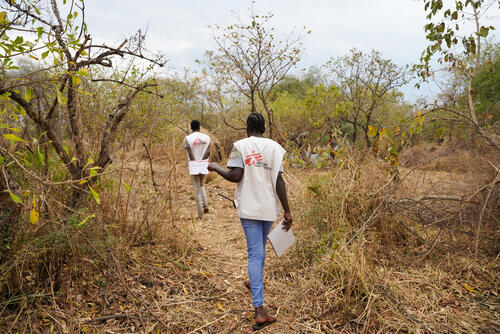Discover all our latest news, stories and publications. Use the filter to get to the content you're looking for.
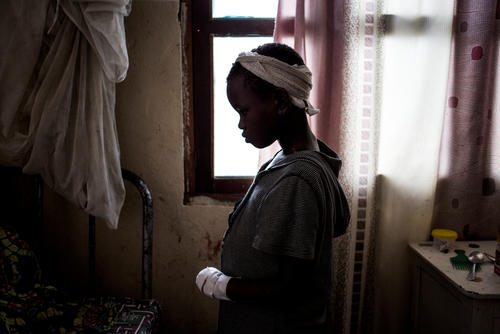
Stories of flight across Lake Albert
Tackling mortality due to childhood tuberculosis
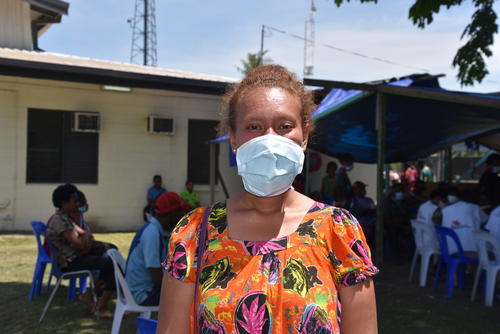
Bringing TB treatment closer to home
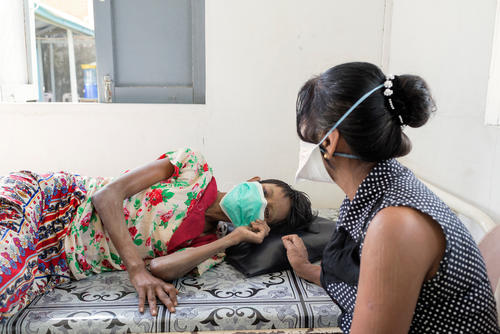
Myanmar: treating HIV, TB, and hepatitis C in Insein clinic, Yangon

“An obvious, urgent focus for MSF”
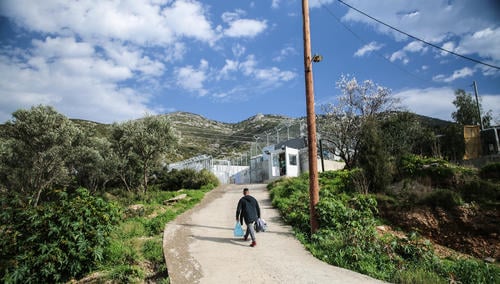
"Stolen hope" – Asylum seekers still stranded in Greece
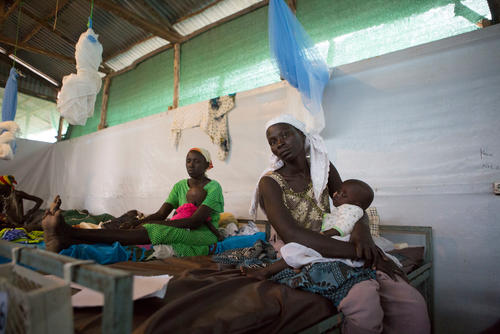
War-weary South Sudanese find emergency medical care
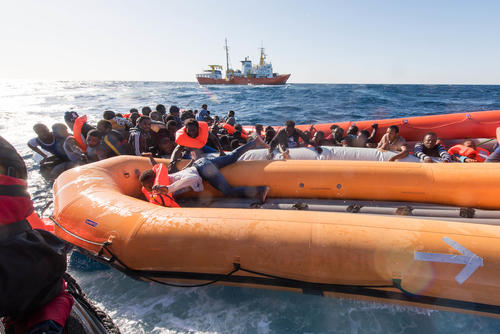
European governments are obstructing lifesaving rescues and returning people to unsafe Libya
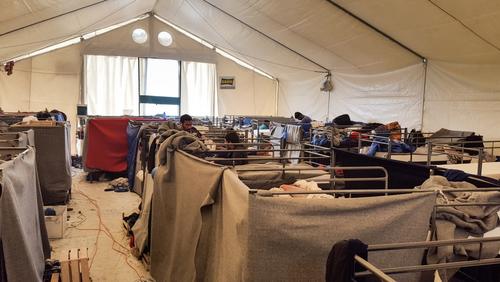
Two years on, deal continues to fail thousands of people seeking asylum
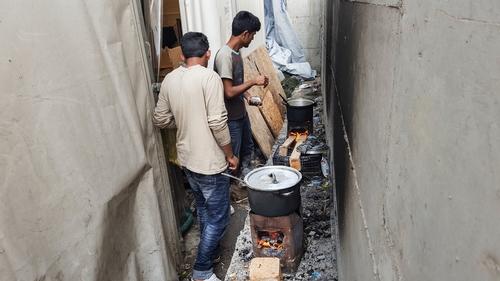
MSF activity update – March 2018
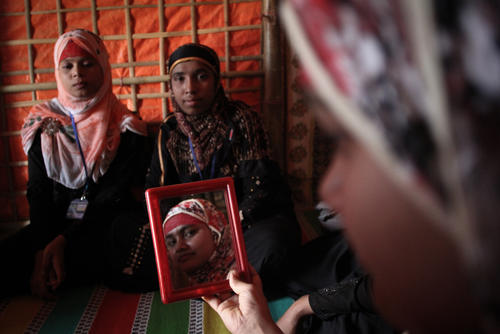
Crisis update - March 2018
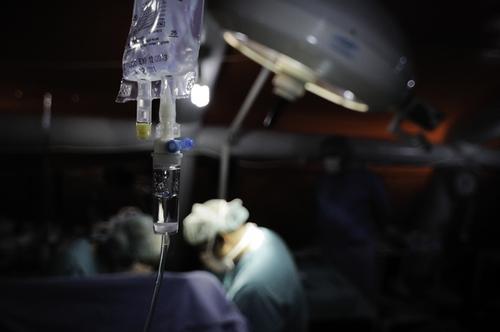
The voice from the hospital basement in East Ghouta
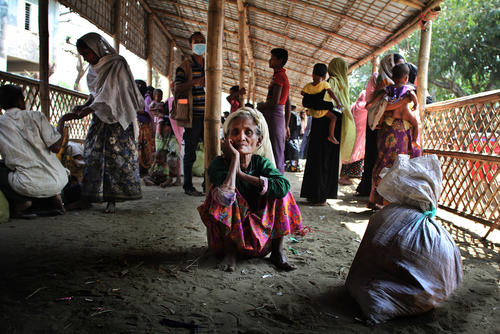
“We don’t have anywhere else to go”
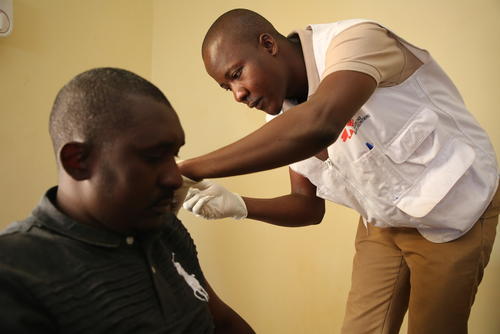
Medical services in northeastern Mali
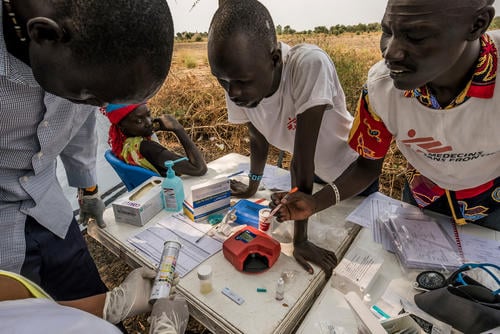
MSF’s newest project takes medical care to remote locations
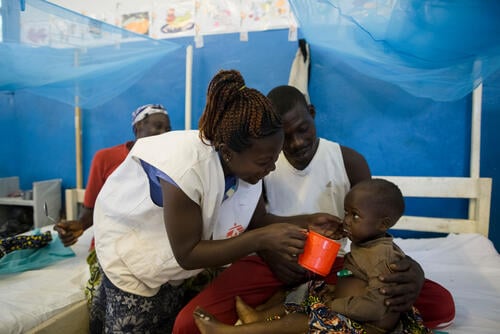
MSF in DRC: Annual Report 2017
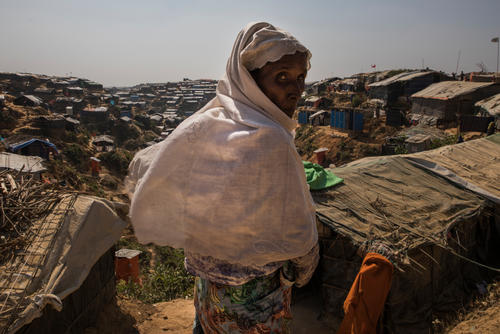
‘No one was left’ - Death and Violence Against the Rohingya
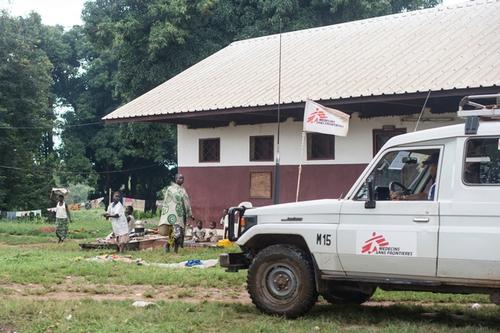
Survivors describe a mass rape ordeal outside Bossangoa

Because I'm a woman
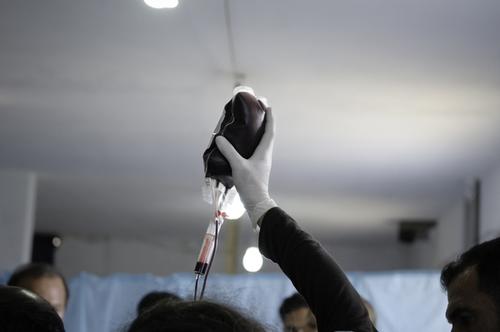
An outrageous, relentless mass casualty disaster in East Ghouta
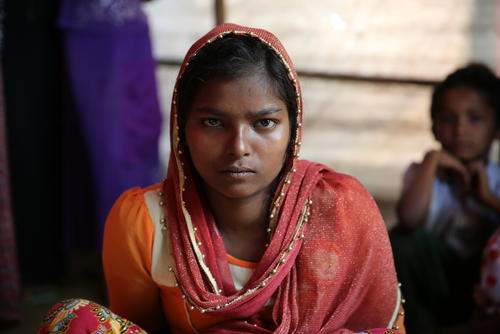
Caring for displaced women

MSF suspends medical activities in Rann
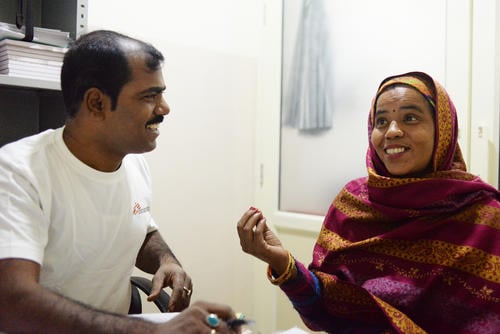
One year, 1,198 patients
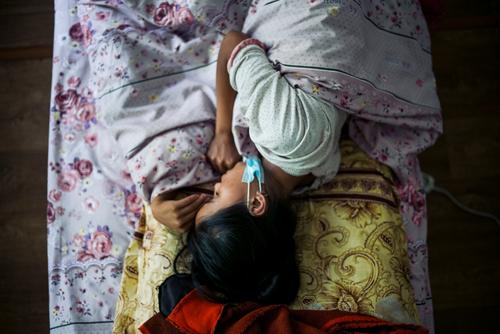
Experts to tackle the deadly threat of TB in Eastern Europe and Central Asia Symposium

How we deliver medical humanitarian assistance
Everywhere we work, the circumstances are unique. Nonetheless, our programmes generally follow a common set of practices designed to make sure our resources and expertise are used to maximum effect.



